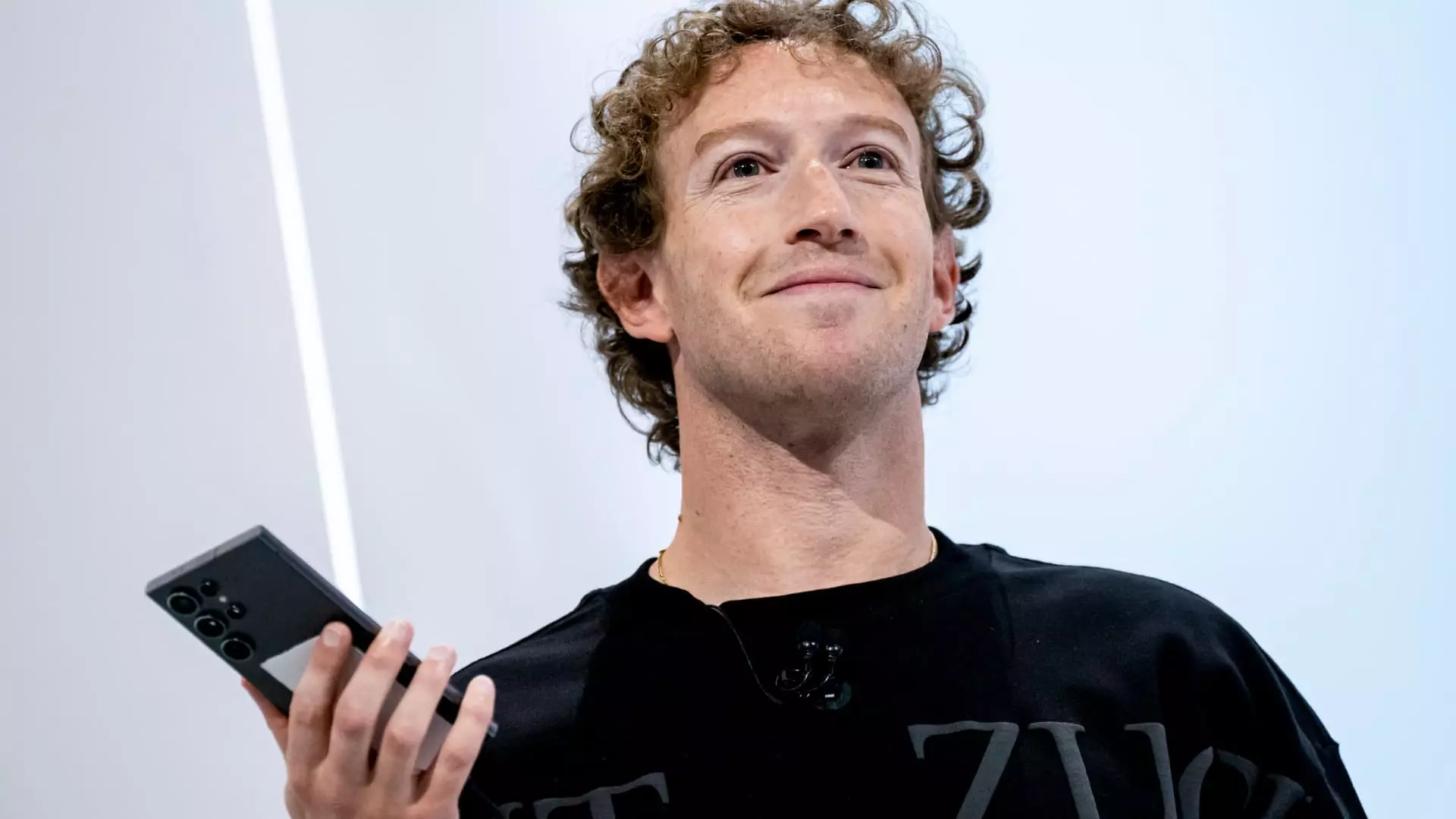In a recent episode of the “Joe Rogan Experience,” Meta CEO Mark Zuckerberg voiced strong criticisms of Apple, particularly regarding what he sees as a stagnation in innovation and the implementation of restrictive practices in the tech industry. This confrontation between two industry leaders highlights the larger conversation around technological progress, competition, and corporate responsibility. As we delve into Zuckerberg’s comments, we can better understand the underlying dynamics that define contemporary tech rivalries.
Zuckerberg’s remarks indicate a belief that Apple, once a pioneer of groundbreaking products and services, has fallen into a routine of unremarkable updates. He pointed out that while the iPhone has revolutionized communication and increased global connectivity, Apple appears to be coasting on past accomplishments. The original vision of Steve Jobs, who introduced the iPhone as a transformative device, has seemingly been lost in the bureaucracy of a giant corporation. Zuckerberg’s assertion that Apple has not meaningfully innovated since the iPhone’s launch echoes sentiments shared by critics and industry analysts alike, who argue that the tech giant appears more focused on earning revenue through ancillary accessories and services rather than charting new territories in device functionality.
Highlighting the commercial strategies Apple employs, Zuckerberg articulated concerns over what he describes as a “30% tax” on developers and a monetization approach that stifles competition. Rather than pushing the envelope on device capabilities, Apple extracts revenue from its ecosystem through various means, such as proprietary products like AirPods and stringent use of App Store regulations. This focus on profitability over innovation could explain the declining enthusiasm for new iPhone models, as consumers find themselves less compelled to upgrade without substantial technological advancements.
Zuckerberg posited that the current market dynamics have compelled Apple to rely on revenue from its ecosystem instead of genuine advancements. With consumers hesitating to buy new models, he suggests that Apple’s approach may ultimately be unsustainable, leading to long-term consequences for the brand and its ecosystem. This reflection on Apple’s business tactics raises critical questions about the ethical implications of leveraging consumer dependence on existing products for increased revenue.
One of Apple’s central defense mechanisms against criticism has always been its commitment to user privacy and security. However, Zuckerberg challenges this narrative, arguing that the constraints of Apple’s platform stem from a lack of comprehensive security measures. By restricting the way third-party developers can innovate within the Apple ecosystem, Zuckerberg claims that Apple is using privacy and security as a justification for monopolistic practices that ultimately benefit the company’s bottom line at the expense of genuine innovation.
Zuckerberg’s call for a reevaluation of security protocols within Apple’s frameworks suggests that a balance exists between maintaining user security and enabling broader innovation. This perspective invites scrutiny of how tech companies establish their boundaries, often positioning themselves as guardians of consumer interests while simultaneously stifling competition.
Zuckerberg did not hold back when addressing Apple’s latest product, the Vision Pro headset, which has reportedly seen disappointing sales. By likening it to the initial versions of Meta’s own virtual reality headsets, he noted that initial failures shouldn’t dictate the overall quality of a product’s evolution, ultimately advocating for a more forgiving view of technological development. Nonetheless, his comments indicate that Apple’s entry into the VR space hasn’t resonated with consumers, possibly leading to questions about whether they can replicate their earlier successes in a new, competitive landscape.
Zuckerberg’s criticisms illustrate a significant crossroads in the tech industry. Companies like Apple, once regarded as innovating powerhouses, face increasing scrutiny as they navigate the complex demands of consumers and competition. The discourse surrounding innovation, market tactics, and user security raises essential questions about the future of tech development, and whether the giants of today can retain their reputations as harbingers of progress in an era that favors collaboration over exclusivity.

